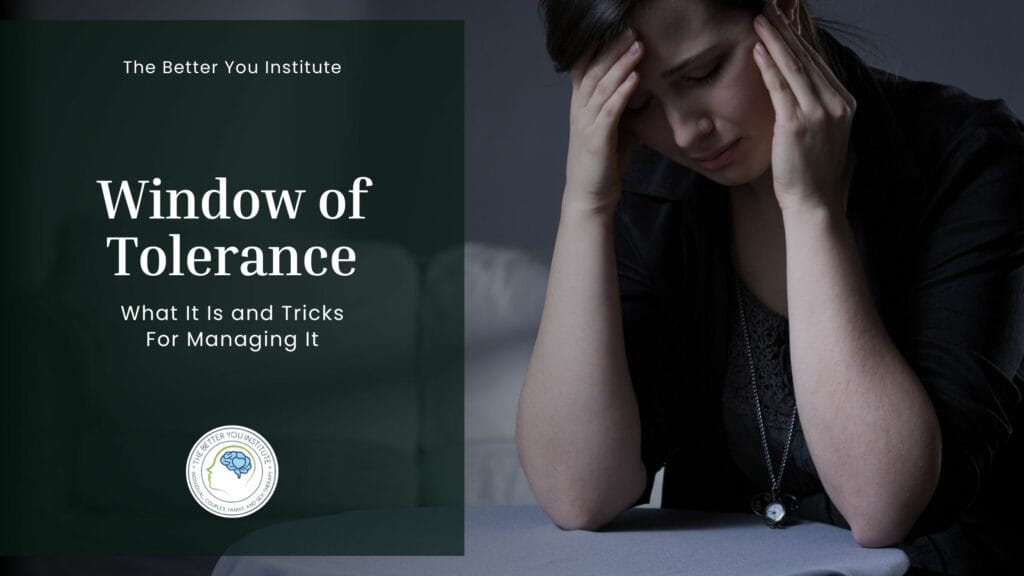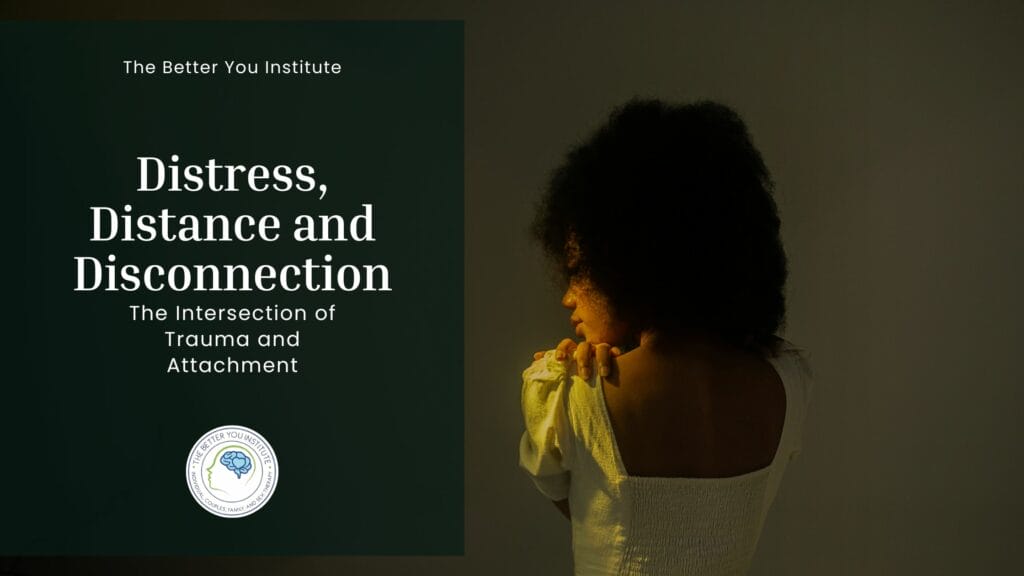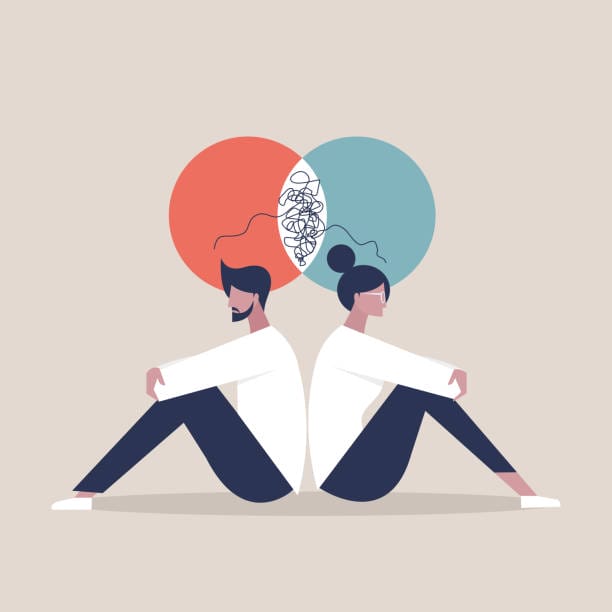Individuals and couples are exploring different forms of relationships and intimacy. One of the most prevalent topics is ethical non-monogamy (ENM). While non-monogamous relationships have been around for centuries, it is only in recent times that we have seen a growing awareness and acceptance of non-monogamous relationships as a viable and principaled option for some.
Ethical non-monogamy is a topic that needs to be discussed openly and honestly. In this blog post, I will explore what ethical non-monogamy is, why some people choose it, and the challenges and benefits of this type of relationship.
Table of Contents
What is Ethical Non-Monogamy?
Ethical non-monogamy is a term used to describe any type of consensual relationship arrangement where the partners agree to have romantic or sexual relationships with multiple people outside of the primary partnership while still engaging and maintaining their dyad. This can include open relationships, polyamory, swinging, and various other types of consensual non-monogamy.jdj
One of the most important aspects of ethical non-monogamy is that all partners must agree to the arrangement and consent to any new relationships or activities. This arrangement requires a high level of communication, trust, and transparency between partners, as well as a deep understanding of one’s own boundaries and needs.
Why Do People Choose Ethical Non-Monogamy?
There are many reasons why someone might choose to explore ethical non-monogamy. For some, it is a way to explore different aspects of their sexuality or romantic desires that they may not be able to express in a monogamous relationship. For others, it is a way to experience emotional and sexual connection with multiple partners while still maintaining a primary partnership.
Some people choose ethical non-monogamy because they have a deep belief in the idea that love and connection should not be restricted to just one person. For these individuals, monogamy can feel like a societal construct that limits their ability to fully explore their desires and connect with others on a deeper level.
Challenges of Ethical Non-Monogamy
While ethical non-monogamy can be a fulfilling and enriching experience for some, it is important to recognize that it comes with its own unique set of challenges. One of the biggest challenges is jealousy, which can arise when one partner feels insecure or threatened by the other’s relationships with new partners.
Jealousy is a normal human emotion, and it is not limited to non-monogamous relationships. However, in non-monogamous relationships, jealousy can be heightened due to the vulnerable nature of the other potential multiple romantic or sexual relationships. It is important for partners to communicate openly and honestly about their feelings of jealousy and to work together to find ways to address them. This communication should be done from a team mentality where both partners are making space for each other’s feelings and experiences. If you find yourself communicating with anger or contempt, your jealousy may be leading the conversation and a break to gather yourself may be necessary.
Another challenge of ethical non-monogamy is the potential for STIs and other health risks. It is important for partners to practice safe sex and to regularly get tested for STIs to protect themselves and their partners. An important conversation to have between the primary partners is one where they outline the boundaries and limitations of their relationship as well as the relationship with the other partners. For example, many primary partners decide they only want to be fluid partners with one another and agree to not pass fluids between outside partners.
Finally, ethical non-monogamy can be challenging due to societal norms and stigmas surrounding non-monogamous relationships. Many people still view non-monogamy as immoral or unethical, which can make it difficult for individuals to openly discuss their relationships or find support from others. This phenomenon may result in members of ENM relationships feeling isolated, lonely, and misunderstood.
Benefits of Ethical Non-Monogamy
Despite the challenges, there are many potential benefits to ethical non-monogamous relationships. For some, it can lead to a deeper level of emotional and sexual connection with their partners, as well as a greater sense of personal growth and self-awareness. Non-monogamy can also provide an opportunity for partners to explore different aspects of their sexuality and desires, which can be empowering and liberating.
In addition, non-monogamous relationships can provide a sense of community and support, as individuals who are exploring ethical non-monogamy can connect with others who share similar experiences and perspectives. This can provide a sense of validation and acceptance that can be difficult to find in a society that often stigmatizes non-monogamous relationships. Furthermore, a society that often stigmatizes sexuality, even if you fall within the heteronormative communities.
Additionally, ethical non-monogamy can be a way to challenge societal norms and expectations around relationships and intimacy. It can provide a space for individuals to explore alternative forms of intimacy and connection, and to challenge the idea that there is only one “right” way to love. This challenge of norms can be empowering to individuals. It can feel vulnerable, thereby increasing intimacy between partners out of the sheer social risk of the relationship.
What are bad reasons for getting involved in ethical non-monogamy?
ENM is not for everyone, and it is not a solution to every relationship issue. It requires a high level of communication, trust, and emotional intelligence, as well as a deep understanding of one’s own needs and boundaries. It is not a decision to be taken lightly, and it is important for individuals and couples to seek out the support and guidance of a qualified therapist if they are considering exploring ethical non-monogamy.
Common reasons couples choose to get into an ethical non-monogamous relationship are below. These are reasons that, without thorough exploration and decision-making, could get the couple in trouble and cause more heartache than connection.
- Your partner won’t have sex with you as often as you’d like
- You can’t get emotionally what you need from your partner
- You are in a long-distance relationship
- One partner fell in love with someone else but didn’t want to end the relationship
- Low sexual satisfaction in the monogamous relationship
Too often, couples open their relationship up instead of having tough conversations where each partner feels heard and has the potential to make changes to get what they want. Not feeling sexually satisfied or not feeling emotionally connected to your partner are reasons to lean into the relationship, not open it up. These reasons have the potential to breed jealousy. They are also indicative of each partner not being willing to be vulnerable with one another. Together, these are symptoms of someone who is not in touch with themselves or their partner’s needs.
In conclusion, ethical non-monogamy is a complex and multifaceted topic that requires a nuanced and open-minded approach. While it is not for everyone, it can be a fulfilling and enriching experience for those who choose to explore it. As therapists, it is our responsibility to provide a safe and non-judgmental space for individuals and couples to explore their desires and needs and to support them in their journey toward greater intimacy, connection, and self-awareness.
If you are thinking about getting into an ethical non-monogamous relationship, please consult with a trained therapist first. The therapist can help guide conversations to explore in-depth the reasons for embarking on this type of relationship.







